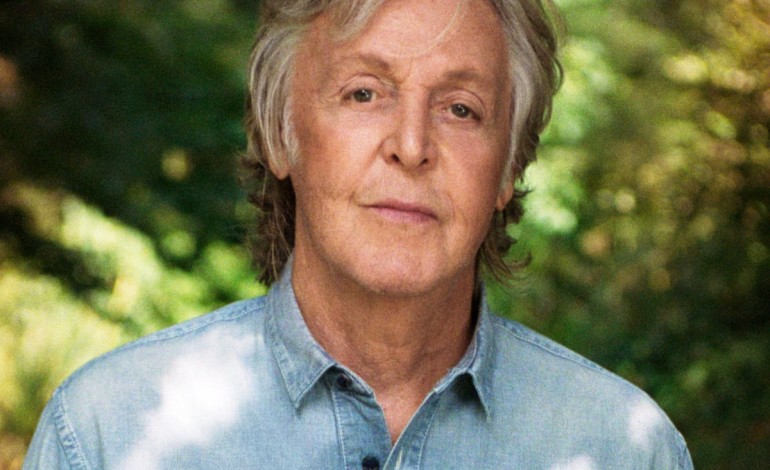
Paul McCartney has once again weighed in on the debate surrounding AI and copyright, sharing his views in a BBC interview with Laura Kuenssberg. The former Beatle criticised current AI practices, and the UK government’s actions, warning that “somebody’s getting paid, and it’s not the person who created” the original work.
McCartney’s remarks highlight a growing frustration among artists whose work is used to train AI without credit or compensation. “You get these artists coming through who write a beautiful song, and they don’t own it, and they don’t have anything to do with it, and anybody can rip it off. The truth of it is that the money is going somewhere. When it makes its way onto streaming platforms, somebody is getting the money and it should be the creator rather than some tech giant.”
His comments come as the UK government’s consultation on AI and copyright enters its final month, set to close on February 25. The consultation explores approaches like an opt-out system for creators. This approach was criticised by one of the shows panelists, Baroness Beeban Kidron, who likened it to a shop owner opting out of shoplifting in a House of Lords debate.
Kidron, who sits as a crossbench peer and advises the Institute for Ethics in AI at Oxford University, used her appearance on the Sunday show to correct a figure repeated by the government. The claim is that AI could inject £400 billion into the UK by 2030. In fact, this figure was presented by an AI lobbying group, paid for by Google, and made up by generative AI as a global estimate.
Baroness Kidron is spot on here re. the UK government’s plan to give AI companies the life’s work of the country’s creators for free.
“It is shocking that a government that promised a period of rule of law is enabling theft at scale.”https://t.co/HsDvlCOkkq pic.twitter.com/yXMbNU7QQJ
— Ed Newton-Rex (@ednewtonrex) January 15, 2025
The Musicians Union have weighed in on the government’s consultation, cautiously saying: “A solution is available that will allow developers to comply with the law and license musical works that are willingly offered by creators for the purpose of training AI systems – in return for a fair share of the income generated from the exploitation of the output. The MU will be fighting to make sure this happens.”
While the UK debates its stance, and government departments fight between themselves, other regions have already moved on with legislation. The EU implemented limited protections for copyrighted material in July 2024, and Tennessee passed the Ensuring Likeness Voice and Image Security (ELVIS) Act last March. The latter was criticised by AI companies, who claimed that the act’s language was overly vague, and therefore open to misuse.
McCartney’s plea for fairness was echoed in a petition he signed last year, which calls for governments to overhaul how AI companies handle copyrighted material. With over 40,000 signatures, the petition has garnered support from figures like ABBA’s Bjorn Ulvaeus and Kate Bush, as well as an assortment of actors and writers.
However, McCartney’s comments go beyond policy, addressing the broader cultural implications of AI. “If they take the incentive away by not protecting the copyrights, I think you’d see a loss of creativity. That’s a great pity because it brings so much joy to the world.”
Comment byu/kaychyakay from discussion innews
A similar sentiment was shared by synth-pop pioneer Gary Numan last week, who optimistically predicted that audiences may eventually turn their backs on AI art in favour of work born from real human experiences. This was backed up by a fan responding to the McCartney interview, who said: “In the long run, I hope that the need for human [spontaneity] will be valued for what it’s worth.”
This debate isn’t just about copyright; it’s about the future of culture. As Foreign Secretary David Lammy recently said, soft power—driven by the UK’s creative industries—is fundamental to the nation’s global influence. For McCartney, protecting that power starts with protecting the creators.
The results of the consultation will be pivotal for the UK’s artists and creative industries. As McCartney said, governments should be protecting everyday people first and foremost, “so protect them!”
